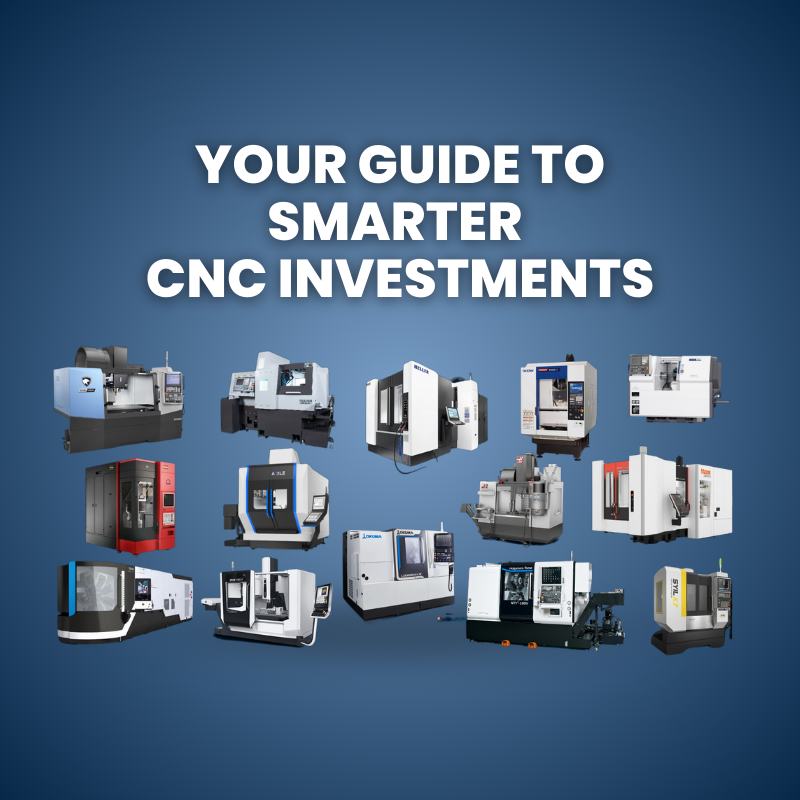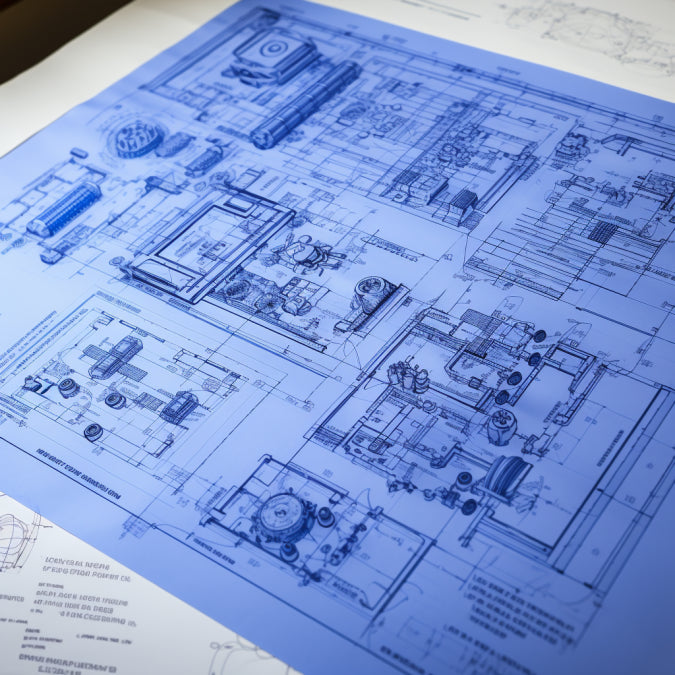Navigating the complex world of CNC machines can be daunting, but understanding the key factors that influence your choice is important. This guide is designed to provide clarity and insight into selecting the best CNC machine for your needs.
On average, the most important 6 key factors in choosing a CNC machine include its operational capabilities (such as power and precision), compatibility with your materials, size and space requirements, ease of use, software compatibility, cost, and maintenance needs. Additionally, considering the machine's durability and support services from the manufacturer is vital for long-term satisfaction.
1. Operational Capabilities and Performance
When evaluating CNC machines, operational capabilities are paramount. This includes assessing the machine's power, speed, and precision. High-performance CNC machines offer greater accuracy and efficiency, crucial for intricate and detailed work. The spindle speed, measured in revolutions per minute (RPM), and the power output, typically indicated in horsepower (HP), are key indicators of the machine's capabilities. Precision, often determined by the machine's ability to maintain tight tolerances, is another critical factor, especially in industries requiring high-precision components.
2. Material Compatibility
Ensure the CNC machine you select is compatible with the materials you plan to work with. Different machines are designed to handle various materials, from metals and plastics to wood and composites. The compatibility not only affects the quality of the finished product but also impacts the machine's durability and maintenance requirements.
3. Size and Space Considerations
The size of the CNC machine and the space it requires are important considerations, especially for facilities with limited space. Measure your available space and compare it with the dimensions of the CNC machine, including any additional equipment or accessories needed. This ensures a comfortable fit and efficient workflow in your workspace.
4. User-Friendliness and Software Integration
Ease of use and software compatibility are important for efficient operation. User-friendly interfaces and intuitive software can significantly reduce the learning curve and improve productivity. Compatibility with industry-standard software ensures seamless integration with existing systems and processes. This aspect is particularly important for businesses looking to upgrade or integrate new machinery into their current setup.
5. Cost and Maintenance Requirements
The cost of a CNC machine is a major consideration, encompassing the initial purchase price, operational costs, and maintenance expenses. Assessing the total cost of ownership helps in making a cost-effective decision. Regular maintenance is essential for the longevity and optimal performance of CNC machines. Understanding the maintenance requirements and associated costs can prevent unexpected expenses and downtime.
6. Durability and Manufacturer Support
The durability of a CNC machine determines its lifespan and reliability. High-quality construction and robust design contribute to the machine's endurance under regular use. Manufacturer support, including warranty, customer service, and availability of spare parts, is also crucial. This ensures that any issues with the machine can be promptly addressed, minimizing disruption to your operations.
By considering these factors, you can make an informed decision when selecting a CNC machine, ensuring it meets your specific needs and contributes positively to your workflow and productivity.




